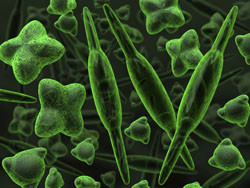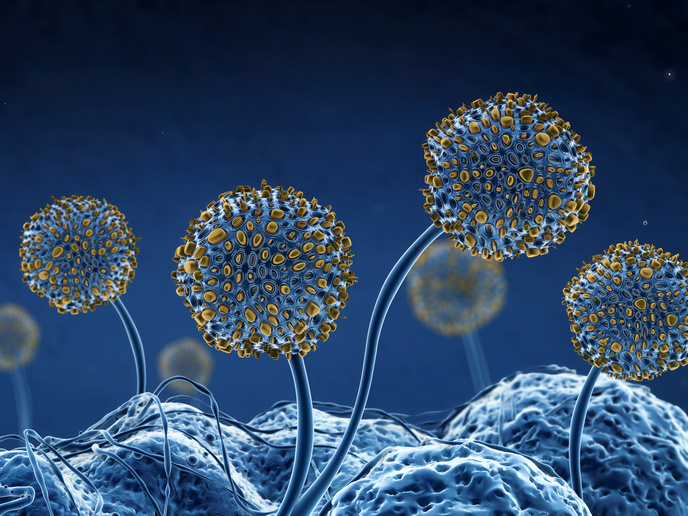Plankton monitoring for climate change
Plankton plays a crucial role in the marine ecosystem by assimilating carbon dioxide (CO2) and forming the base of the marine food web. To better understand climate change, researchers need a better grasp of how plankton influences ecological and biochemical processes in global oceans. To achieve this goal, the GREENSEAS (Development of global plankton data base and model system for eco-climate early warning) project developed multiple simulation models of plankton ecology. Modelling included water colour measurements, nitrogen uptake and geographical distribution of the plankton in the Atlantic and Southern Oceans. The GREENSEAS project team first collected historic data of plankton distribution in the Arctic, Atlantic, Nordic and Southern Oceans. The next step was to generate a database of the sea-air CO2 flux in the South Atlantic Ocean. Finally, they collected new data characterising the physical-chemical environment and phytoplankton community structure and productivity. Modelling these parameters allowed scientists to generate simulations of phytoplankton behaviour in response to environmental changes. Minute changes in phytoplankton mass and distribution dictate significant changes in fish population. That in turn may require a major policy overhaul to protect fishing resources. GREENSEAS developed new indicators for changes in planktonic ecosystems. Researchers also found that current proxies for productivity in plankton communities are not very accurate, suggesting that these should be recalculated. Lastly, the project created a web portal for researchers and policymakers to access data and analysis on plankton activity in these oceans. The GREENSEAS project may contribute to improved climate change monitoring, which will improve decision making for human health, the environment and marine life.







